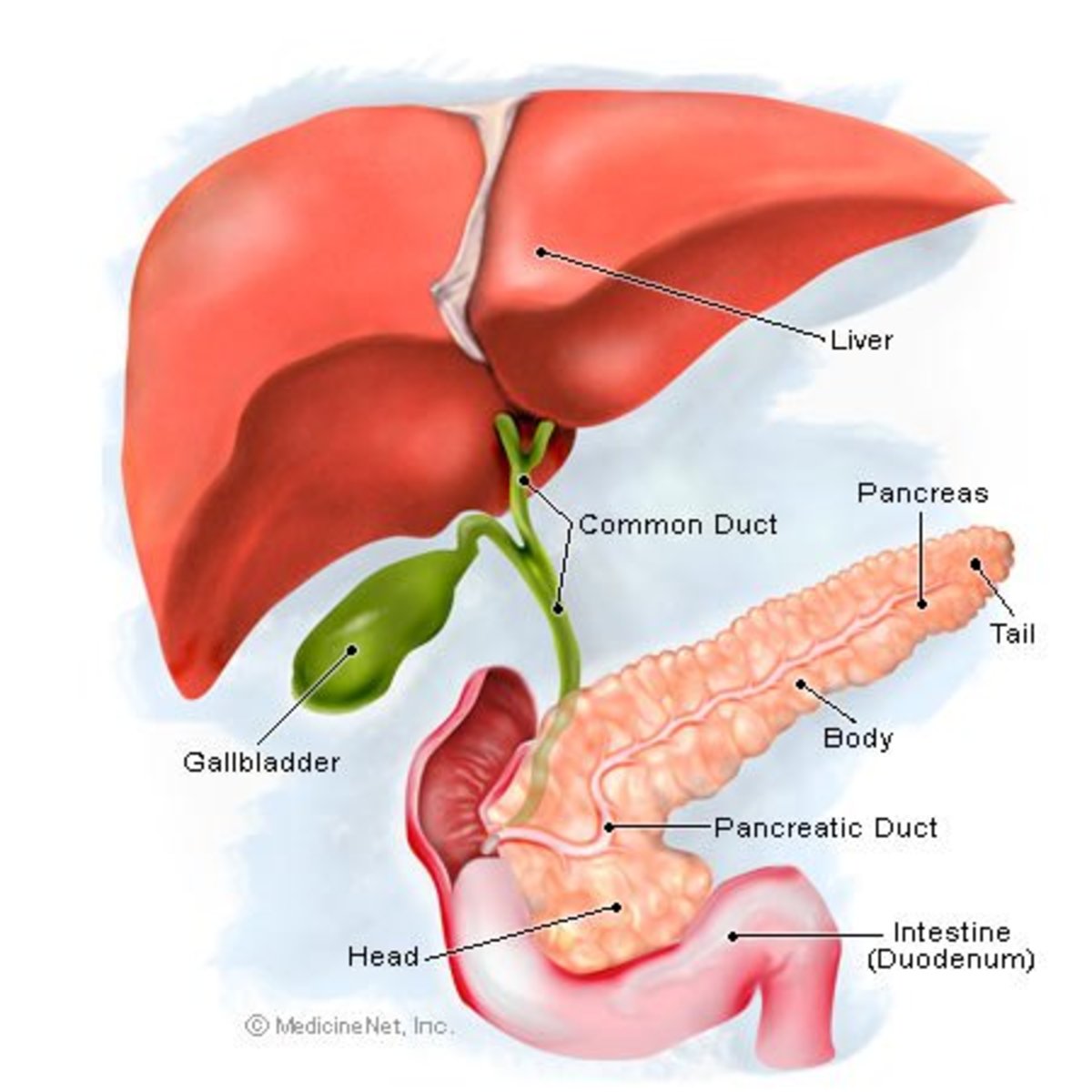Intestinal Gas? Another Six Options If You're Feeling A Little Uncomfortable
If you're feeling a little gassy then you know full well that can be not at all agreeable. How about a few more practical suggestions for ways to approach a windy gastrointestinal problem?
Fennel tea
Fennel is a venerable old remedy for excessive wind and indigestion. It comes from the fennel plant, whose latin name is Foeniculum vulgare, and both the root and the seed are often consumed or used as a treatment. It is often found in the form of herbal tea but is also available in tablet form from health food and whole food shops. You can also find the whole and powdered seeds for use in baking and cooking from both whole food stores and supermarkets and ethnic groceries. Fennel is described as a 'carminative', I.e. useful for the treatment of excess gas.

Charcoal protected underwear.
Yes, this is an extension of the use of activated charcoal for a flatulence problem.
Maybe you could buy some charcoal impregnated underwear or a charcoal cushion: there are plenty of online sources to spare your blushes. I'm serious, don't smirk, these garments are quite widely available and have received some positive reviews in some quarters from people who have found them to reduce or alleviate a problem with intestinal gas. The Flat-D is one example available on Amazon. Perhaps these items may be worth a try for a problem that is really persistent and disagreeable. They're not cheap, however...
Exclusion diets and culprit avoidance
Do you have a suspicion that certain foods are making you a little 'gassy'? There are lots of popularly recognised, traditional examples, for instance baked beans, cabbage (cabbage soup diet! Eek!), milk or fruit-sugar heavy products. If you seek medical advice and consult your practitioners, they may direct you to nutritionists who could help you modify your diet and try to identify the offending foods. Perhaps lactose or fructose intolerance may be contributing to your problem? (However the roles of such intolerances for gastrointestinal symptoms have been described as 'poorly understood'.)[6]
Gas Problem? Amazon Answers
Probiotics
Probiotics are live bacteria which are regarded as being beneficial in their effects on health, often particularly in respect of the digestive tract. In recent years it seems as if practically everyone I know is taking probiotics such as lactobacillus acidophilus or lactobacillus bulgaricus in one form or another! (Maybe it's those ubiquitous adverts that promote the effects of drinking tiny tubs of sour, pricey, highly sugared milk with live lactobacilli swimming about in them.) Madden and Hunter noted in a 2002 article that there have been mixed results in studies covering treatment of flatulence by probiotics.[5] Some studies of probiotics have however found improvements with respect to some of the parameters of irritable bowel syndrome and other bowel ailments.
Probiotics may be ingested in pill or powder form, or while forming part of a milk or soy product such as yoghurt or kefir. The viability of the organisms is often seen as a key issue and refrigeration of the product may be recommended.
Yoghurt
Yoghurt and other cultured milk products such as kefir are, of course, the most natural and traditional way to ingest probiotic cultures. Peter Cartwright, in his book "Probiotics for Crohn's & Colitis" quotes a Crohn's patient as finding alleviation for her flatus symptoms with the use of live yoghurt. [7] At least one study [14] has found the ingestion of live yoghurt (with specific cultures) to modulate the immune response with resulting beneficial effects for inflammatory bowel disease and Crohn's disease. This response was however found to be dependent on the presence of live organisms and not to be effectual via the administration of yoghurt only.
What is the best way to purchase and choose live yoghurt? As a product it is now widely available and often reasonably priced, though if you are looking to ingest specific cultures of live lactobacilli you should read labels with some care. Taste can vary widely from very tart to mild and creamy: you could always experiment according to your own preferences! One inexpensive option is to make your own live yoghurt. Why not have a go: it's relatively easy if you get a good set of instructions, and fun to do too.
Colonic irrigation
Maybe you're considering colonic irrigation as a possible approach to dealing with intestinal gassiness or other gastrointestinal symptoms? There's something about colonic irrigation that seems a little alarming, when you consider that it amounts to having a pipe stuck up and jetting water and possibly other substances around your nether regions. It has been criticised on safety grounds and some medical practitioners dispute its efficacy.[15] As with all complementary treatments for medical conditions, if you're thinking about it then it would probably be wise to consult your qualified medical professional first!
References:
1. Scarpignato, C., Lanas, A. "Bacterial flora in digestive disease: focus on rifaximin." Bacterial Flora In Digestive Disease. 73.1 (2006): p.41.
2. Pray, W.S. "Nonprescription product therapeutics." Baltimore: Lippincott Williams & Watkins, 2006.
3. Lawrence, B.M. "Mint: the genus Mentha." Boca Raton: Taylor & Francis Group, LLC, 2007.
4. Kowalchik, C., Hylton, W.H., Carr, A. "Rodale's illustrated encyclopedia of herbs." Emmaus: Rodale Press, 1998.
5. Madden, J.A., Hunter, J.O. " A review of the role of the gut microflora in irritable bowel syndrome and the effects of probiotics." British Journal of Nutrition. 88 (2002): pp.67-72.
6. Spanier, J.A., BS, Howden, MD, C.W., Jones, M.P., MD. "A Systematic Review of Alternative Therapies in the Irritable Bowel Syndrome." Archives of Internal Medicine. 163.3, 2003: pp. 265-274.
7. Cartwright, P. "Probiotics for Crohn's & colitis." Ilford: Prentice Publishing, 2003.
8 Jacoby, D.B., Youngson, R.M. "Encyclopedia of Family Health." Tarrytown: Marshall Cavendish, 2005.
9 Bader, M.H. 'The Wizard of Food's Encyclopedia of
Kitchen & Cooking Secrets'. Durham; Strategic Book Publishing: 2010, pp. 63.
10 Boschert, S. 'Eating Activated Charcoal Reduces
Excessive Gas'. Gastroenterology. October 2006 pp. 52a-52b.
11 Scarpignato, C., Lanas, A. 'Bacterial flora in digestive
disease: focus on rifaximin'. Basel; S. Karger AG: 2006, p.59.
12 De Vrese, M., Stegelmann, A., Richter, B., Fenselau, S., Laue, C., Schrezenmeir, J. 'Probiotics—compensation for lactase insufficiency'. American Journal of Clinical Nutrition, 73(2); 2001, pp. 421S-429S
13 Kim, Y.G., Moon, J.T., Lee, K.M., Chon, N.R., Park, H. 'The effects of probiotics on symptoms of irritable bowel syndrome,. Korean Journal of Gastroenterology. 2006; 47(6): pp. 413-9.
14 Baroja, M.L., Kirjavainen, P.V., Hekmat, S., Reid, G. 'Anti-inflammatory effects of
probiotic yogurt in inflammatory bowel disease patients'. Clinical & Experimental Immunology. 2007; 149(3): pp. 470-479.
15 Rolfes, S.R., Pinna, K., Whitney, E. 'Understanding Normal and Clinical
Nutrition'. Belmont; Wadsworth Cengage Learning: 2006, p.95.






